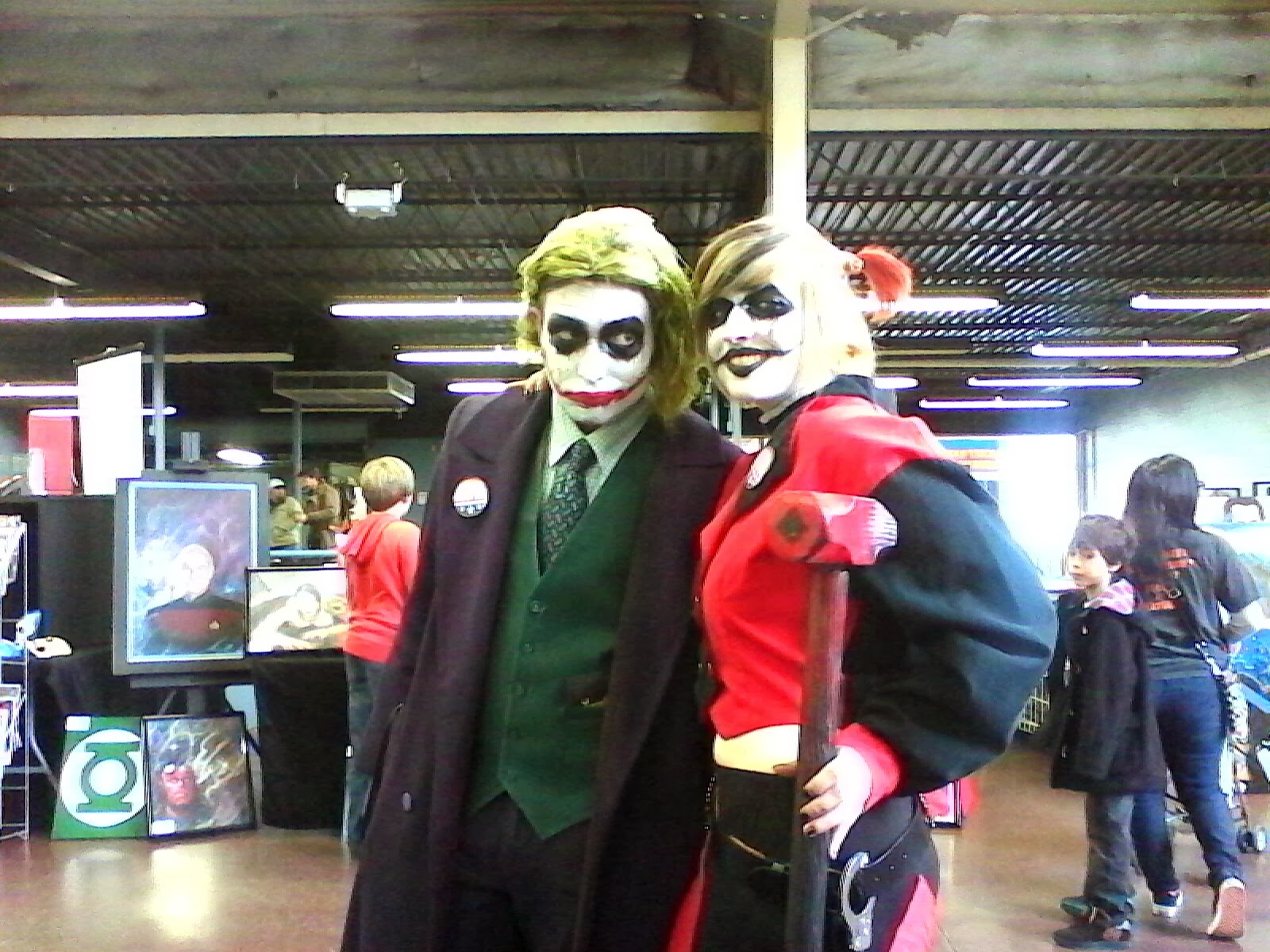Recently I was asked a question I'm sure many writers have faced in the past.
How did I become a writer and where did I find my inspiration to write?
How did I become a writer and where did I find my inspiration to write?
The spark of being a writer found me as a child growing up in the turbulent sixties. At that time America was in midst of the Viet Nam War, the Cold War, the Space Race, and the Hippie counterculture. I was a skinny little kid addicted to television and movies. I was also a voracious reader. Comic books, Creepy magazines, Tolkien, Robert E. Howard, Asimov, Arthur C. Clarke, Heinlein were all devoured in equal measure. Add in a mixture of late night monster movies and the writing spark found dry tinder in my overabundant imagination where it caught flame. A homework assignment in the Fifth grade is the earliest story I remember penciling. It was about a boy who had a pet Tyrannosaurus Rex which he rode to school
to the amazement of his fellow classmates. Mind you dinosaurs weren't
as cool then as they are today. I don't remember the grade I got, but I
do remember the story.
Fast forward a
few years and now I'm a skinny junior high kid with a school binder crammed to
the brim with pieces of writing penciled on notebook paper. James Bond was the
craze back then so I wrote about my own spy named Chuck Carter, agent of
D.R.O.N.E. (Defense Reserves of National Enforcement)-a kind of mash up
character of Nick Fury and James Bond. He saved the world from all sorts of
evil masterminds and world threatening plots, but looking back, I don't
remember any females in the stories. In my naivete at thirteen, I didn't
fantasize about the beautiful femme fatale for my macho spy. In
retrospect, I suspect the character Chuck Carter was a stand-in for a father I
never knew.
After high
school my writing matured. I read a lot more mainstream novels. I also
discovered Bruce Lee in my senior year and became very interested in martial
arts. To reflect this I wrote action filled stories of kung fu heroes, one
especially named Chane, my version of Kwai Chang Caine from the television
series Kung Fu. I studied martial arts at the same time. After years of
bullying for being a skinny nerd kid through school, I learned how to defend
myself. I also discovered Stephen King and a few other horror writers like
Lovecraft. I read The Stand, The Dead Zone, It, The Shining, etc.and turned my
attention to writing full blown novels in the same fashion. On a small typewriter I plunked out twenty-four chapters of a post-apocalyptic novel called The Aftermath, a tale
of survivors after a nuclear war. I still have the yellowed type written papers
stored away in a filing box. One of these days I might pull the pages out and
rewrite it for a future project.
In 1980
everything changed. I met my future wife and writing took a backseat to getting
married and raising a family. Thirty years passed while I worked two jobs. I
still carried the stories and plots inmy head waiting one day to be reborn.
During that time the world changed. Technology and the internet made writing
much easier. In 2007 I discovered an online site called FanStory where you
could post your stories for others to review. I decided to try my hand at
writing fantasy and posted several chapters on my novel Oathbearer. Due to
feedback from readers I soon learned what passive and active writing meant and
how to spot it in my own text, an invaluable lesson that improved my narrative
style.
FanStory
regularly scheduled writing contests you could enter and win cash. The horror
short story contests intrigued me so I wrote a couple of entries. I won the
2007 Halloween story contest up against about five hundred authors. I placed
high in several other horror story challenges. I decided to shift my focus and
start writing horror. Probably due to my involvement with FanStory, a self
publishing company called iUniverse contacted me. They laid out their services
they provided for putting out my own book. The idea of self-publishing fascinated me. I could release my own collection of stories to see if people
would actually read my writing. If I got the same positive feedback as I did
with FanStory, I would know to continue. Thus my first book 13 Nightmares
was born.
I was elated to
see it finally in print and scheduled my first book signing of 13 Nightmares
at the local Hastings on Friday 13 in March of 2009. As is always seems the
case with me, I arrived a few minutes late. Much to my surprise the bookstore lobby was filled with people ready to buy the book. I signed 29 copies
that night and it is still one of the best nights of my life. I have since
produced three books with three more on the way. Besides raising my
family, being an author is the greatest joy in my life and it all started with
a little spark in an over imaginative young boy.
















